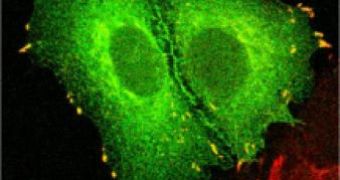After studying 540 liver transplant recipients since 1982 to 2005, a team of researchers led by Helena Isoniemi uncovered that the standardized incidence ratio (SIR) in those who received transplants was of 2.59 when compared with the rest of the population. Unlike previous studies, which had too few subjects or gave results based on very little data, this research followed through on patients' medical histories by analyzing the Finnish Population Register and the national Cancer Registry, to which they had full access.
When reviewing the results of the follow-up tests, the Finnish doctors noticed that 36 patients had developed new cancer symptoms in the period immediately after they had received the liver transplants. Specialists hypothesized that cancer appeared due to the medical procedures that come with any kind of transplant.
These procedures imply pumping the body full of drugs that inhibit the natural immune system, in order to facilitate the absorption of the new organ into the organism. However, doctors have known for a long time that, by inhibiting white cells in the blood, the risk of infections or even of mutations increases. Furthermore, considering the fact that cancer is just the mutation of some cells, they think it’s very likely this is the cause of cancer in the test subjects.
According to doctor Isoniemi, lymphoma and skin cancer were the most common forms of disease that appeared in transplant patients. Based on the statistics that came from analyzing the results of the research, the doctors said that one out of six patients was likely to contract some form of cancer after transplant. This only serves to emphasize the necessity of post-transplant surveillance, even later after surgery. On the same note, doctor Isoniemi said that cancer could even occur 20 years after the surgery took place. Such detailed results were only possible because the scientists had extensive resources at their disposal. And it showed.

 14 DAY TRIAL //
14 DAY TRIAL //